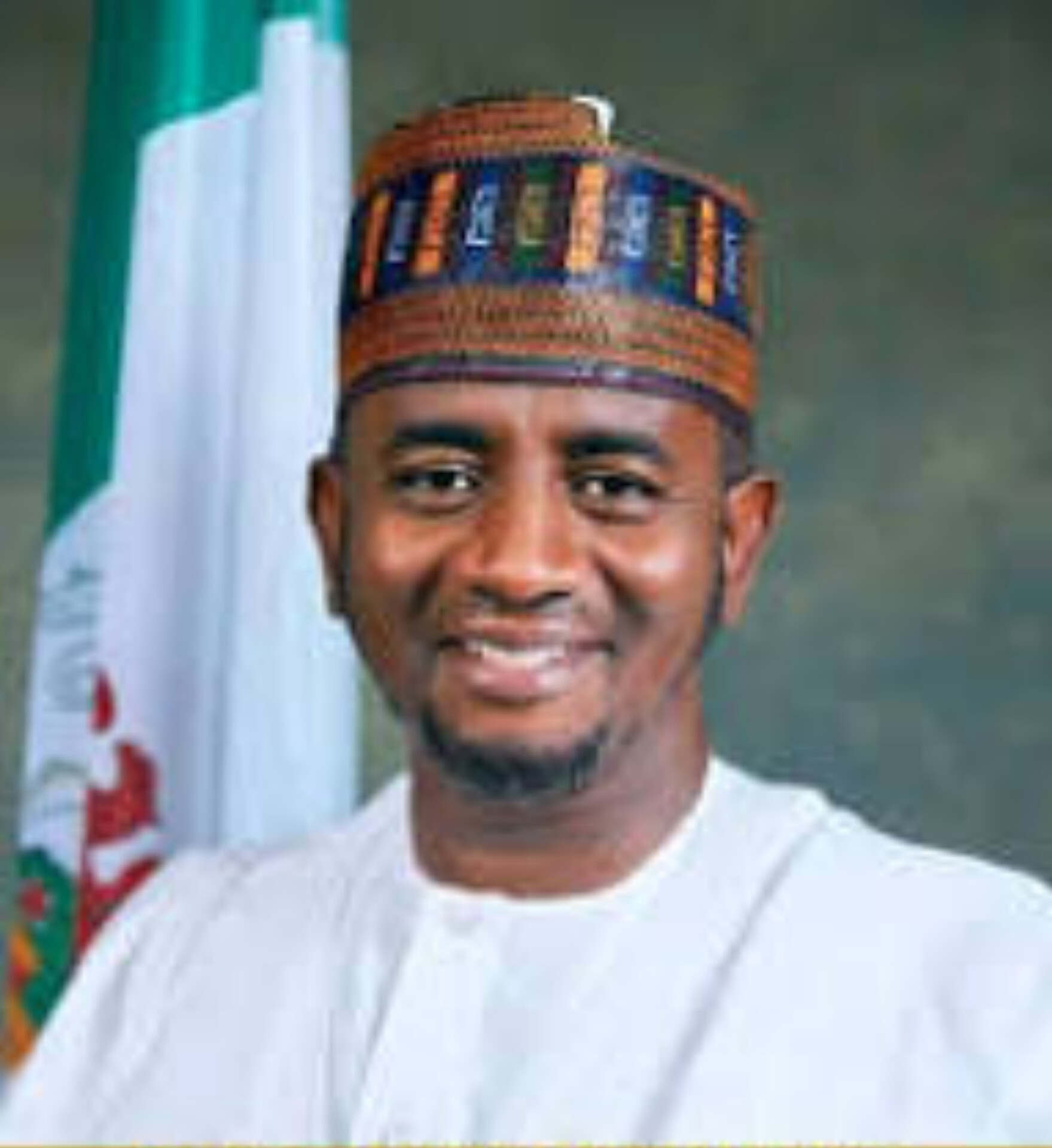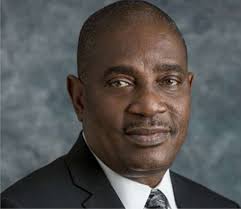***Insists, it is NASS creation to safeguard economy, country against insecurity
The Chairman of the Senate Committee on National Security and Intelligence, Senator Shehu Umar Buba, has allay the fears being entertained by Nigerians over the proposed implementation of the Cybersecurity levy by the Central Bank of Nigeria (CBN).
While giving tacit support to the Federal Government on the levy that has created bad blood among Nigerians against the Tinubu administration Senator Buba said th levy is provided for in the Cybercrimes (Prohibition, Prevention, etc) (Amendment) Act, 2024.

He clarified that the levy is not punitive as it has numerous exemptions to protect and relieve ordinary citizens, particularly the poor.
According to him, the exemptions include salary payments, intra-account transfers, loan disbursements and repayments, and other financial transactions.
Senator Buba said the amendments to the Cybercrimes Act were collaborative effort with the National Assembly’s ICT and Cyber Security Committee. Explaining further he said committee also underwent a transparent public hearing process, receiving contributions from various stakeholders.
“Both chambers of the National Assembly unanimously passed it before President Bola Ahmed Tinubu signed it into law.
Senator Umar reiterated the fact that the provisions for the cybersecurity levy have been in place since 2015 but were delayed due to unclear interpretations and applications.
“The Cybercrimes Act of 2015 has provisions for imposing a cybersecurity levy since its enactment, but the vagueness of Section 44 led to different interpretations until the 2024 amendments. The levy is 0.5%, equivalent to half a per cent of the value of all electronic transactions by businesses specified in the Second Schedule to the Act.
“The amendments addressed crucial gaps in the Act and empowered the nation to implement the National Cybersecurity Programme effectively. They also seek to realign and empower the country to combat the inadequate funding and disruptive effects of cyber threats on national security and critical economic infrastructures,” he said.
Senator Umar underscored the criticality of the cybersecurity levy’s implementation, stating that its prudent utilisation will bolster the nation’s capacity to evaluate, execute, upgrade, and fortify the security of national critical economic infrastructure, thereby safeguarding the nation’s cyberspace.
The chairman commended the Office of the National Security Adviser and the Central Bank of Nigeria (CBN) for initiating the operationalising the cybersecurity levy, highlighting its benefits far outweigh its drawbacks.
He expressed appreciation to the leaders and representatives of MDAs at the federal and state levels, as well as to all stakeholders who contributed to this effort’s success.
While maintaining that the Committee’s mandate is to create laws that align with the aspirations of Nigerians, he appealed for public support, assuring that the policy will yield maximum benefits for citizens in the shortest possible time.
Following the enactment of the Cybercrime (Prohibition, Prevention, etc) (Amendment) Act 2024 and under the provision of Section 44 (2)(a) of the Act, a levy of 0.5 per cent (0.005) equivalent to half per cent of all electronic transactions value by the business specified in the Second Schedule of the Act is to be remitted to the National Cybersecurity Fund, which the Office of the National Security Adviser shall administer.
Though the announcement created controversy, the circular exempted some transactions from cybercrime levy.
The exemptions included loan disbursements and repayments, salary payments, intra-account transfers within the same bank or between different banks for the same customer, intra-bank transfers between customers of the same bank, and Other Financial Institutions (OFIs) instructions to their correspondent banks.
The exemption also applies to interbank placements, banks’ transfers to CBN and vice versa, inter-branch transfers within a bank, cheque clearing and settlements, and Letters of Credit (LCs).
Others include banks’ recapitalisation-related funding only bulk funds movement from collection accounts; savings and deposits including transactions involving long-term investments such as treasury bills, bonds; and commercial papers; government social welfare programmes transactions, e.g. pension payments; non-profit and charitable transactions including donations to registered non-profit organisations or charities; educational institutions transactions, including tuition payments and other transaction involving schools, universities, or other academic institutions.




